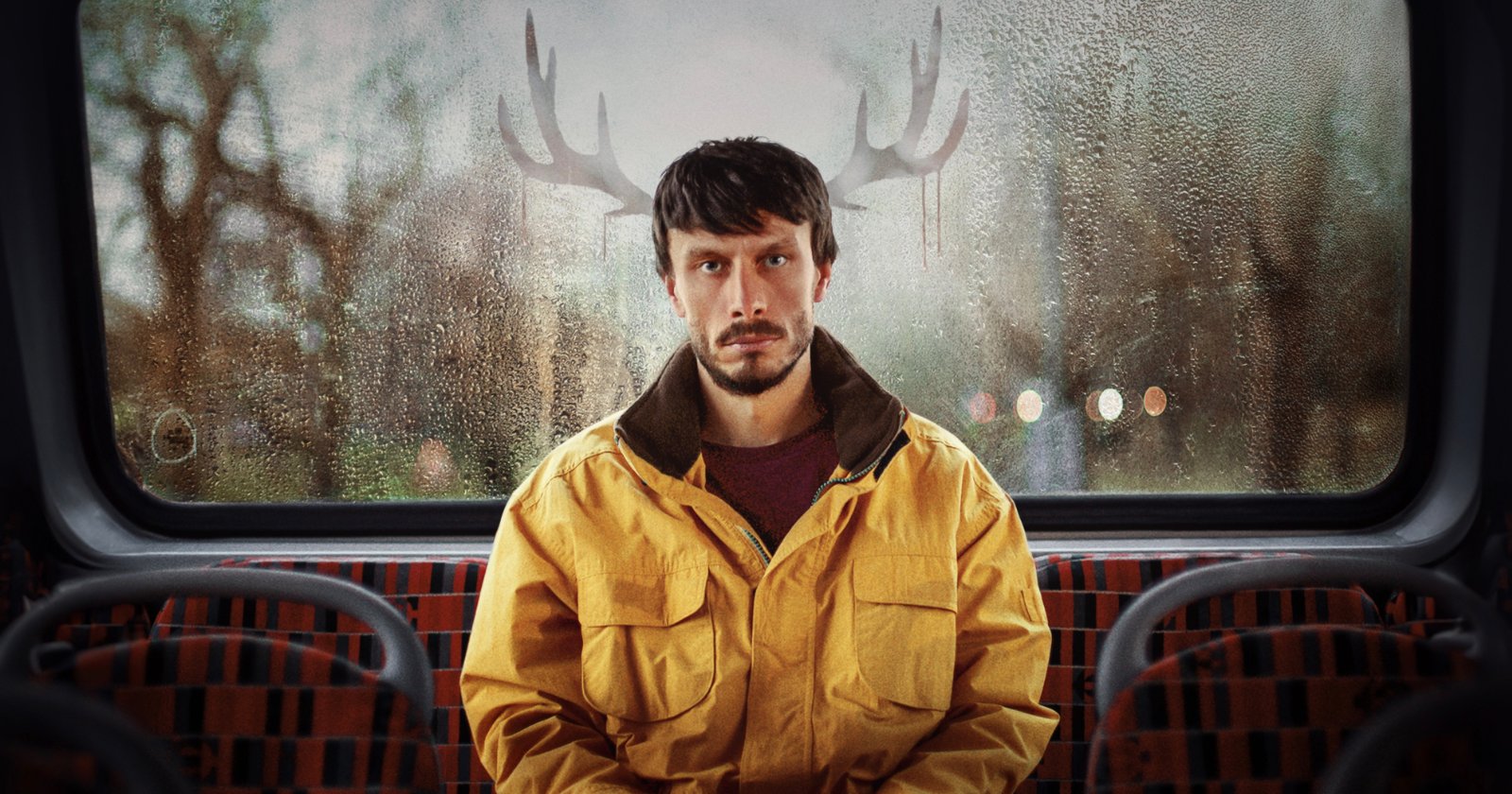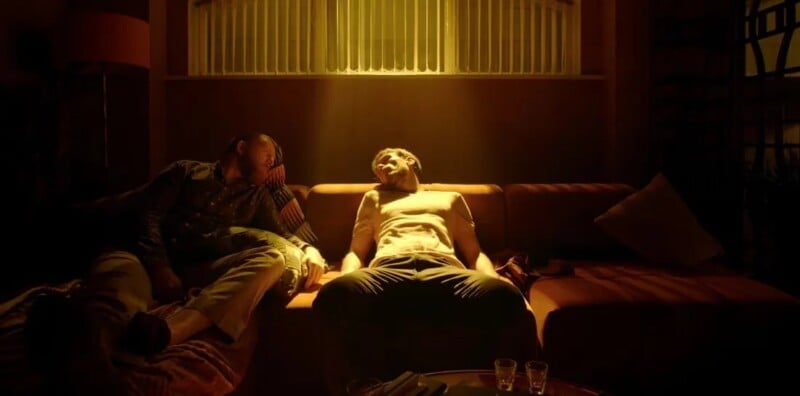
[ad_1]
The cinematographer behind Netflix’s Baby Reindeer has revealed how he made the hit TV show feel so intense and unsettling.
Netflix’s sleeper hit Baby Reindeer is based on the real-life story of Richard Gadd. Gadd stars as Donny, a struggling comedian who is stalked relentlessly by a woman called Martha, played by Jessica Gunning.
![]()
Baby Reindeer was the number-one TV show on Netflix in the U.K. and the U.S. for close to a month after it was first released on April 11.
In an interview with Gold Derby, Baby Reindeer’s cinematographer Krzysztof Trojnar talked about how he filmed Gadd’s tense tale of obsession, stalking, and trauma.
![]()
Trojnar, who was doing second unit photography for 1899 and Tolfiska at the time, says he was approached about the job by Weronika Tolfiska, who directed the first four episodes of Baby Reindeer.
“They gave me a script and once I read it, I think it was one of the best scripts I’ve read so far in my life,” Trojnar tells Gold Derby.
“You couldn’t really get out of that story. It was so interesting.”
Framing Richard Gadd
Warning: This article contains spoilers for ‘Baby Reindeer,’ as well as references to sexual assault.
Baby Reindeer is adapted from Gadd’s autobiographical one-man play. Like the original play, Netflix’s show heavily features a voiceover by the comedian.
![]()
Trojnar says he listened to the audio track of the one-man play in early preparation and was inspired by Gadd’s voiceover.
The cinematographer made sure that Gadd was always in the center of the frame in the TV show and visually positioned Martha as an intruder bringing chaos into Donny’s world.
“When I heard it, you kind of knew where you were going with it in a way — this intense, fast-paced, relentless journey,” Trojnar says.
“We knew it would be a first-person point-of-view story. The point of view really matters because it’s Donny in the center.
“He’s in the center of the story but the whole show is about him finding his way to getting some exposure.
“The initial conversations were around how do we portray that, how do we frame him always in the middle, and put Martha as this intruder and create this sort of unsettling, intense feeling of, first, Martha’s intrusion but also this hectic world of Donny’s.”
![]()
Trojnar used push-ins and pull-outs to create the feeling of freneticism and claustrophobia throughout Baby Reindeer — camera moves inspired by Paul Thomas Anderson’s 1999 film Magnolia.
A push-in moves the camera closer to a subject typically with a dolly camera movement or Steadicam. Meanwhile, a pull-out is a smooth movement that moves the camera further away from a subject — making them grow smaller while simultaneously revealing their surroundings.
‘The Idea of Spotlight’
In his interview with Gold Derby, Trojnar also discusses how he used lighting as a spotlight on Donny throughout Baby Reindeer.
![]()
“We were talking about the idea of spotlight. Even in Donny’s voiceover, he uses it a lot as in the kind of the spotlight and also the desire of finding himself in the spotlight,” Trojnar tells the publication.
“But in the story, that spotlight takes different roles.
“As much as it’s literal during the comedy shows, it also somehow hints when Donny looks at Martha in the pub and Donny walks in London on the street and approaches the camera and appears more in light.”
Trojnar says lighting became especially significant in the fourth episode of Baby Reindeer — the most pivotal installment of the seven-part show.
A flashback in the fourth episode reveals that when Donny was trying to make it as a comedian, he was groomed, drugged, and raped by a successful TV writer named Darrien (played by Tom Goodman-Hill).
The first half of this episode is hopeful and full of optimism before the tone and its visual aesthetic completely change after Donny is taken under Darrien’s wing.
One of the most memorable shots comes after Darrien has drugged Donny, who is filmed laying out on the couch bathed by a golden light from the window above him.

The cinematographer says that he used outdoor street lighting as a spotlight on Donny during this devastating scene.
“In episode four, we thought, OK, well, there is this street light outside,” Trojnar says.
“And we never wanted to make the drug scenes over the top. And I think the voiceover kind of suggests it, but if this street light, when he takes all these drugs, then that kind of starts to appear more than what it is.
“So we replaced the light with the same color but much stronger, more spotlight character.
“That was kind of the motivation from the drugs, where he sees that street light as a spotlight for himself.”
Image credits: All photos via Netflix.
[ad_2]